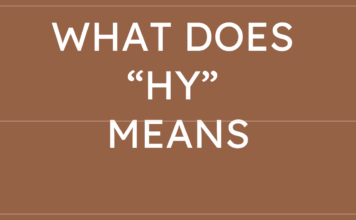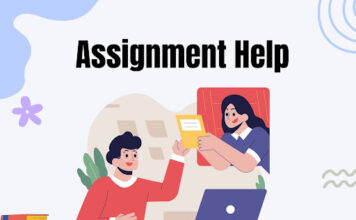An MBA or Masters in Business Administration is a globally recognized and most popular graduate management degree among employees and recruiters. Every year, thousands of candidates apply to this program to gain a holistic view of various subjects like marketing, finance, and accounting. It also helps develop essential soft skills and leadership skills needed in numerous job positions across different industries. It’s a well-known fact that employers worldwide prefer recruiting employees with an MBA qualification. And so, for many professionals looking to advance their careers, earning an MBA seems like a logical step. Even non-business professionals like engineers or liberal arts professionals can benefit from this degree. Regardless of which industry you belong to, the skills and knowledge gained from such a program can help you excel in your career.
The evolving trends in job markets have made an MBA qualification the gold standard for advancement to executive and management positions. If you’re unsure if an MBA is a suitable degree for you, we have listed down a few ways it can significantly boost your career.
- New skills and knowledge
Enrolling in an MBA program can give you various new skills and knowledge to enhance your career.
Many people work the same monotonous job day in and day out. Keeping yourself within your comfort zone prevents you from exploring new possibilities. Therefore, discovering new areas and expertise can help you move beyond the boundaries and limitations you set on yourself. For instance, you can boost your career with an MBA in marketing by developing innovative advertisements for multinational companies or global brands. Since this advanced degree curriculum pushes you to think outside the box, you can develop bright, clever ideas that corporations constantly seek.
Other vital skills like problem-solving and leadership are also essential attributes you’ll learn through this program. They’ll offer a better understanding of how the business world works and how you can make a noteworthy difference in it.
- Networking opportunities
One of the most incredible benefits of an MBA program is the number of networking opportunities for its candidates. Having a wide variety of options to interact, mingle, and communicate with business acquaintances can increase your chances of landing the job of your dreams. Universities host social events where they invite alumni and industry members to network with current students. Since these students have a broader scope of interacting with business professionals, they’re often able to grab offers even before the program ends. Additionally, candidates may enroll in internship programs where they get hands-on experience in the workings of an industry. Students may secure a job soon and build their careers right after graduating by working well as an intern.
You can’t overstate the importance of building the right connections. A strong network defines your future trajectory and affects all professional aspects moving forward. Since many employers value the opinions of trusted business people and alumni, you must take the opportunity to leave a lasting impact on them.
- Higher salary packages
Contrary to popular belief, MBA graduates don’t just belong in the business world. They’re among the best-paid employees even today, regardless of the industry they find themselves working in. An MBA degree increases your chances of employment by the world’s top companies across various industries. However, this is not all without reason. The skills and knowledge you acquire during your MBA program are vital for most businesses to excel. You’ll often have to make difficult decisions and work out complex problems to help companies earn profits and continue to grow. Business owners understand the value of your skills and therefore offer the best packages and lucrative salaries to compensate you generously for your professional expertise.
- Greater awareness of global market
Another crucial benefit of an MBA is broadening your enterprise knowledge and perspective. Helping you understand the nuances of operating in a worldwide marketplace provides you with knowledge and solutions to mitigate these problems. Overseas trips and exchange programs are common. They allow students to explore new cultures and discover how a business runs outside their home country. The international exposure an MBA program offers remains unmatched even today. Since this qualification is highly recognized worldwide, MBA graduates have the exclusive opportunity to bag placement offers from international clients.
Online and distance learning programs have made international collaborations even more feasible. Classrooms are now full of a diverse group of students. Discussions and class participation can increase student awareness of different cultures and help students accept unique ideas.
- Improves communication skills
For a professional to succeed in any industry, effective communication is vital. Although many people recognize communication as a “soft skill,” it’s no less valuable than a hard skill.
An MBA program can help you hone your written and verbal communication skills, making you an ideal candidate to work in management and leadership roles. It allows you to convey concepts to your team members at different levels of an organization so that everyone can work together towards a mutual goal.
Conclusion
There’s no limit to the number of ways an MBA can boost your career. It enhances your marketability as a professional and helps you achieve bigger and better job opportunities. But, more importantly, there’s no right or wrong time to get an MBA. Whether you’re a fresh graduate or someone who wants to switch career paths, this program might be it for you.
Appeio is a tech enthusiast and gamer who loves to write about the latest news and trends in the industry. He has been writing for over 5 years and has published articles on a variety of websites, including TechCrunch, IGN, and GameSpot. He is passionate about sharing his knowledge with others and helping them stay up-to-date on the latest tech news. In his spare time, he enjoys playing video games, watching movies, and spending time with his family.














